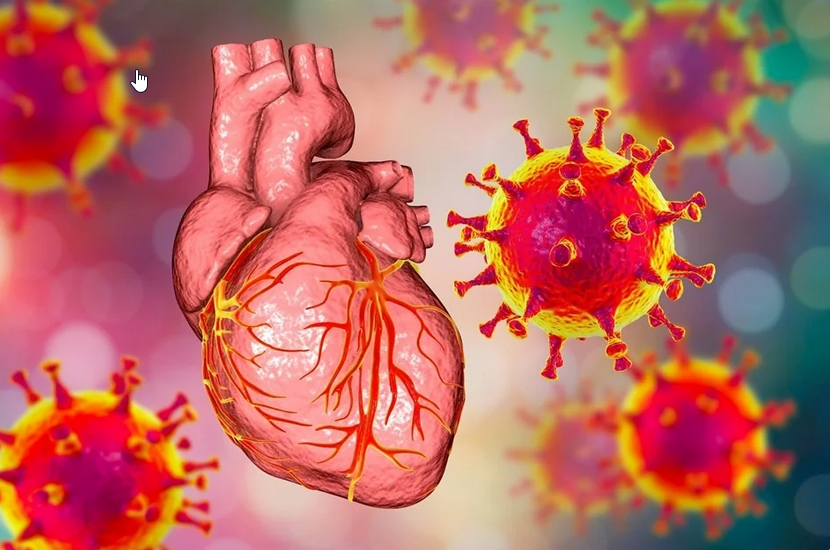n a recent development, Kerala's health department has issued a heightened alert following confirmed cases of West Nile fever in three districts: Thrissur, Malappuram, and Kozhikode. This infectious disease, transmitted by mosquitoes, has prompted urgent action from state authorities to curb its spread and protect public health.
West Nile fever is caused by the West Nile virus, primarily transmitted through the bite of infected mosquitoes, particularly those of the Culex species. While most people infected with the virus do not develop symptoms, some individuals may experience mild flu-like symptoms such as fever, headache, body aches, joint pain, vomiting, diarrhea, or rash. In rare cases, severe complications can arise, including neurological diseases such as meningitis or encephalitis, which can be life-threatening.
To tackle the emerging threat of West Nile fever, the Kerala government has instructed all districts to implement stringent mosquito control measures and heighten vigilance across communities. These efforts are crucial in preventing further transmission and safeguarding public health, particularly as Kerala prepares for the monsoon season, which can create favorable conditions for mosquito breeding.
Importance of Mosquito Control Measures: In response to the confirmed cases, the state health department is emphasizing the importance of proactive mosquito control measures. These measures include intensifying pre-monsoon cleaning activities to eliminate mosquito breeding sites and conducting robust mosquito surveillance to monitor and mitigate mosquito populations.
Preventive efforts such as clearing stagnant water, ensuring proper disposal of waste, and implementing mosquito control techniques are vital in reducing the risk of mosquito-borne diseases like West Nile fever. Additionally, community awareness campaigns play a pivotal role in educating the public about preventive measures and symptoms associated with West Nile virus infection.
Urgent Action and Surveillance: The detection of West Nile fever cases highlight the need for swift and coordinated action to contain its spread. Health authorities are urging residents to remain vigilant and report any symptoms suggestive of West Nile virus infection promptly. Early detection and intervention are key to preventing severe complications associated with the disease.
State Government's Response: The state government of Kerala is taking proactive steps to address the situation. By issuing alerts and directives to all districts, health authorities aim to enhance preparedness and response capabilities against West Nile fever. Public health measures, including vector control activities and community engagement, are being intensified to mitigate the risk posed by mosquito-borne illnesses.
Collaborative Efforts
Collaboration between government agencies, healthcare providers, and local communities is crucial in combating West Nile fever. The collective effort to implement effective mosquito control measures and raise awareness about preventive actions will contribute to curbing the transmission of the virus and protecting public health.
The emergence of West Nile fever cases in Kerala highlights the ongoing threat of mosquito-borne diseases and showcase the importance of proactive public health measures. By prioritizing mosquito control, surveillance, and community engagement, Kerala's health authorities are working diligently to contain the spread of West Nile virus and safeguard the well-being of residents. Continued vigilance and collaborative efforts are essential in mitigating the impact of vector-borne diseases and ensuring a healthy environment for all.

 The emergence of West Nile fever cases in Kerala highlights the ongoing threat of mosquito-borne diseases and showcase the importance of proactive public health Measures.
The emergence of West Nile fever cases in Kerala highlights the ongoing threat of mosquito-borne diseases and showcase the importance of proactive public health Measures.






.png)
.png)












.jpeg)

.jpeg)










.jpg)




.jpg)

